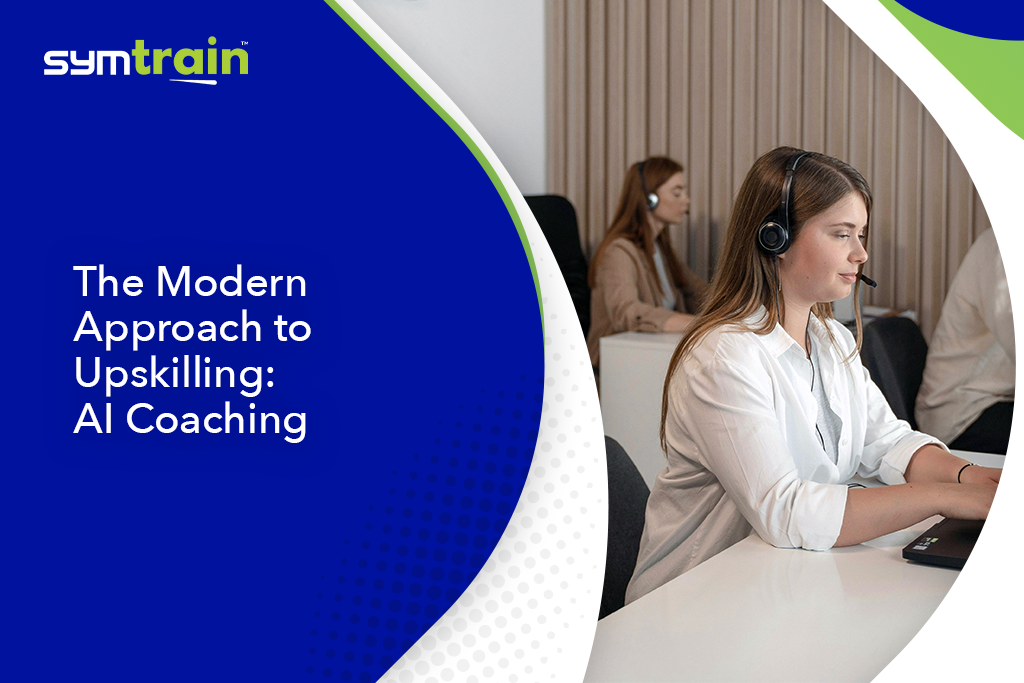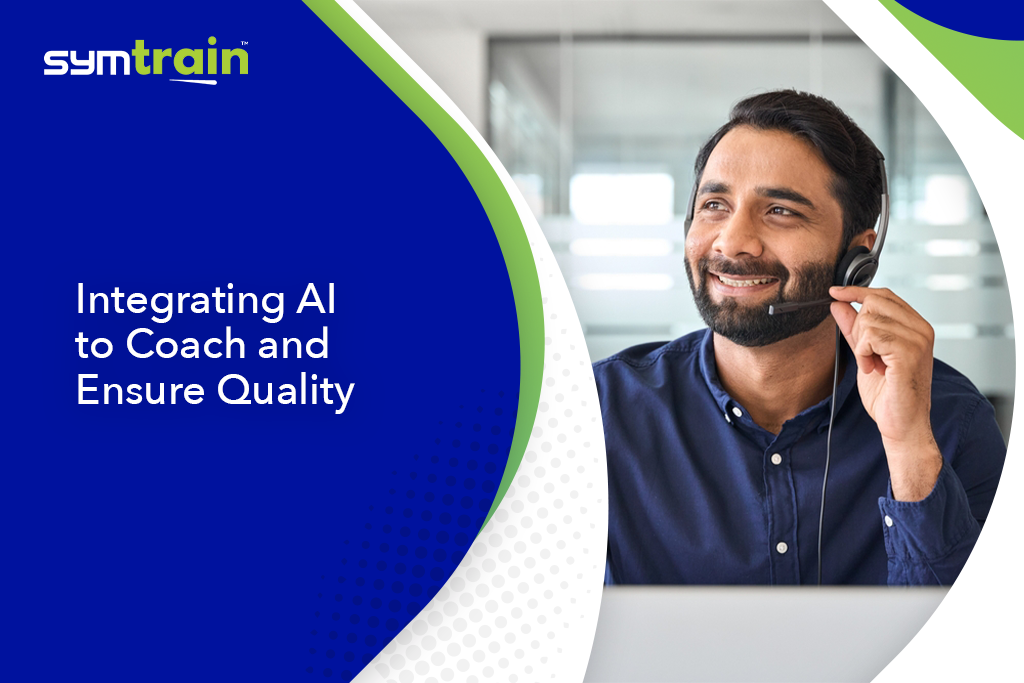Companies are constantly seeking ways to reduce costs while improving service quality. Outsourcing call center operations has become a popular strategy for achieving these goals. In fact, according to recent reports, the call center outsourcing market was valued at approximately USD 105.5 billion in 2023.
Since this strategy is hot, here are some compelling reasons why outsourcing can be beneficial:
Reducing Costs
One of the most significant advantages of outsourcing is the potential to save 30 to 50% on call center costs. This cost reduction is achieved through various means:
- Lower Wage Rates: Outsourcers typically pay lower wages for comparable jobs, including agent wages and management salaries.
- Centralized Support Functions: Outsourcers provide centralized human resources and technology support personnel, which enhances productivity.
- Shared Resources: By sharing technology, processes, and support functions across their entire client base, outsourcers can spread costs, leading to additional savings for each client.
Controlling Costs
Customer call patterns can be unpredictable, causing call volumes to fluctuate by as much as 50%. These fluctuations can lead to unexpected costs and challenges in maintaining consistent customer experiences. Outsourcing helps mitigate these issues by converting variable costs into predictable fixed costs. This flexibility allows companies to manage business peaks or off-hour operations more effectively, ensuring a better customer experience.
Speeding Time to Market
For companies launching new business units, products, or marketing campaigns, outsourcing can expedite time to market. By handing over call center operations to an experienced outsourcer, companies can focus on other critical areas of their business. For example, a startup bank outsourced its back-office operations to a provider with the necessary regulatory knowledge and operational expertise. This enabled the bank to offer excellent service at a lower cost, benefiting both the bank and its customers.
Increasing Capability
As technology and business processes become more specialized, outsourcing for capability rather than just cost becomes advantageous. Some companies use outsourcers to enhance their service offerings by leveraging the outsorcerer’s advanced technology and expertise. For instance:
- Multimedia Capabilities: Some outsourcers can handle Web chat, e-mail, and text messaging, broadening the range of customer service channels.
- Specialized Services: Outsourcers can offer specialized services, such as outbound calling to prospects for new customers.
Outsourcing call center operations offers numerous benefits. By partnering with a reputable outsourcer, companies can achieve significant operational efficiencies and improve their overall customer service experience.








